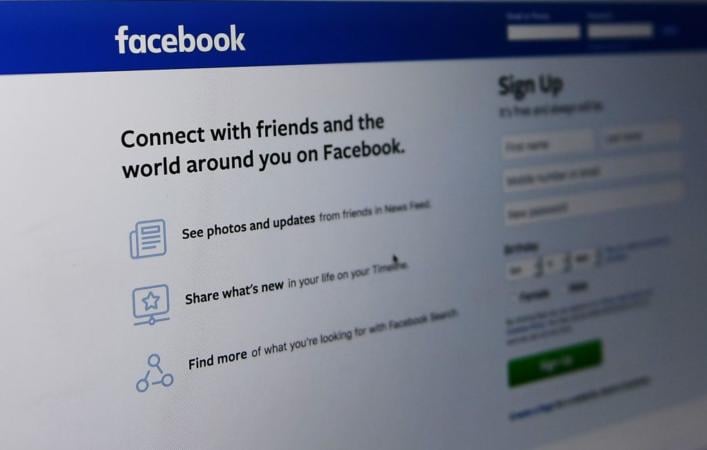Showing 2 results for:
deepfake videos
Popular topics
All results

With the success of crime-based shows, there is no doubt that people are intrigued by the technology and skills that come with solving complicated incidents. Often on these shows, viewers are presented with evidence that could lead to the successful closing of a case. In other instances, what’s commonly available to the detectives and search agents isn’t enough. Dutch police have decided that the evidence available to them from a 2003 murder was not sufficient. The police unit created a deepfake video of the slain victim to help aid in the case.

The catchphrase “fake news,” which sparked amusement during the 2016 U.S. presidential election, is no longer a laughing matter. Now Facebook is taking steps to prove it. On Tuesday, the social media giant announced that it will now ban deepfake video content from its site, according to a new policy update. Deepfake video is content altered so adroitly by artificial intelligence algorithms that it falsely convinces the reader of its authenticity. New, enhanced digital manipulation software that superimposes content can give undue credibility to media that was once readily identifiable as false. Since the swift and widespread circulation of false information in social media has an exponential effect for the misinformed and their followers, Facebook’s ban may offer a glimmer of hope. While some applaud Facebook for taking this step, the decision does raise eyebrows. Facebook’s timing is questionable, given that this week’s announcement came just days before a congressional hearing...